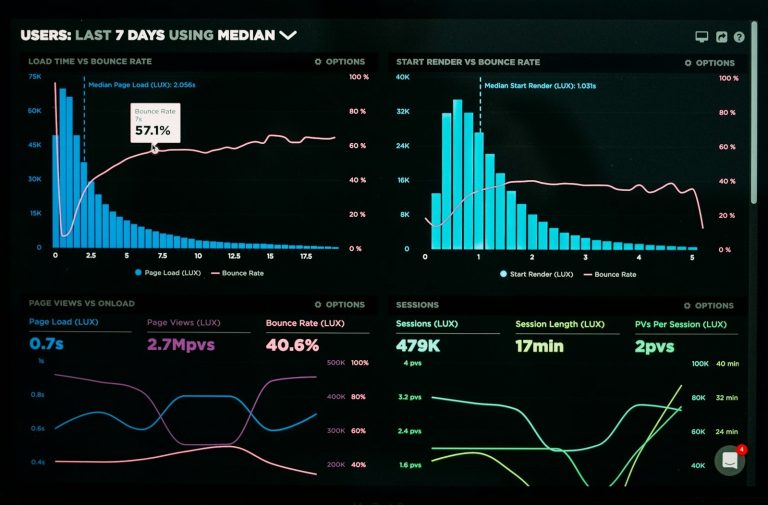In the dynamic world of Search Engine Optimization (SEO), keyword research and intent analysis stand as the cornerstone processes that guide content creation, marketing strategies, and overall website optimization. These methodologies are not just about identifying the terms people type into search engines; they delve deeper into understanding the why behind these searches. This article explores the nuances of keyword research and intent analysis, elucidating their significance in crafting SEO strategies that resonate with user needs and preferences.
Keyword Research: The Bedrock of SEO
Keyword research is the practice of identifying the phrases and terms that people use in search engines to find information, products, or services related to a specific topic. This foundational SEO task involves a blend of understanding your target audience, your content’s relevance to their needs, and how search engines interpret these queries.
The primary goals of keyword research include:
• Identifying Relevant Keywords: Finding terms that are relevant to your website’s content and offerings. These keywords should reflect the language and search habits of your target audience.
• Analyzing Search Volume: Assessing how many people are searching for these keywords. High search volume indicates popular terms, but competition for these terms can be intense.
• Understanding Competition: Evaluating the level of difficulty in ranking for these keywords. Some keywords are highly competitive, dominated by established websites with strong SEO.
• Discovering Long-tail Keywords: Identifying longer, more specific phrases that are less competitive but highly relevant to a niche audience. These keywords often have lower search volumes but can lead to higher conversion rates due to their specificity.
Intent Analysis: Deciphering the Why Behind Searches
Intent analysis goes hand in hand with keyword research, focusing on understanding the purpose behind a user’s search query. This understanding is critical because it shapes the content strategy, ensuring that the content not only attracts visitors but also meets their needs and encourages engagement.
There are generally four types of search intent:
• Informational Intent: The user seeks information on a topic. For example, “What is SEO?” signifies a quest for knowledge about SEO.
• Navigational Intent: The search is aimed at finding a specific website or page. For example, “Twitter login” indicates the user wants to find the Twitter login page.
• Transactional Intent: The user intends to make a purchase or complete another type of transaction. For example, “buy running shoes online” shows a readiness to buy.
• Commercial Investigation: The user is considering a purchase and is looking for the best options. For example, “best smartphones 2023” reflects a desire to compare products before making a buying decision.
Integrating Keyword Research and Intent Analysis into SEO
To optimize for both search engines and user satisfaction, SEO strategies must integrate keyword research with intent analysis. This integration involves:
• Content Creation: Developing content that aligns with the identified keywords and their corresponding user intents. This ensures that your content addresses the specific needs and questions of your audience.
• Website Structure and Navigation: Organizing your site in a way that reflects the hierarchy of user needs and search behaviours. This helps users and search engines find relevant content efficiently.
• On-Page SEO: Optimizing individual pages with the right keywords and ensuring that the content matches the user intent. This includes using keywords in titles, headings, and meta descriptions.
• User Experience Optimization: Enhancing the website’s usability, loading speed, and mobile responsiveness to meet the expectations of users and search engines.
In conclusion, keyword research and intent analysis are indispensable in the SEO process, providing a roadmap for creating content that resonates with users and ranks well in search engines. By understanding and applying these concepts, website owners and content creators can develop strategies that not only attract traffic but also foster engagement and conversion.
About The Author:
Geoff Digital is a Senior SEO Consultant at Gtec Media Ltd
Contact: @geoffdigital



